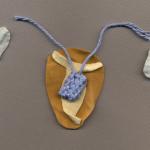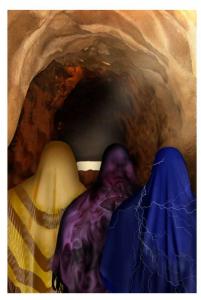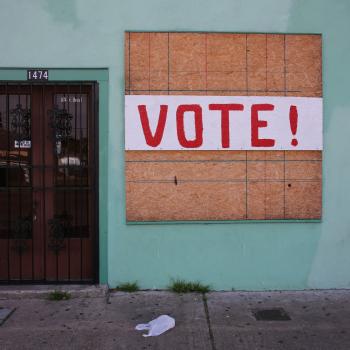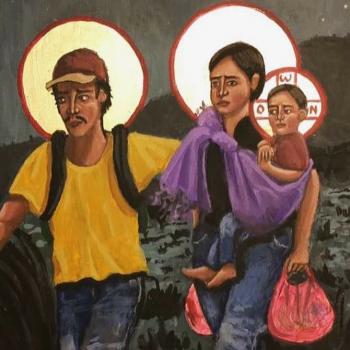ABLE IS PUBLISHING THEIR WAGES
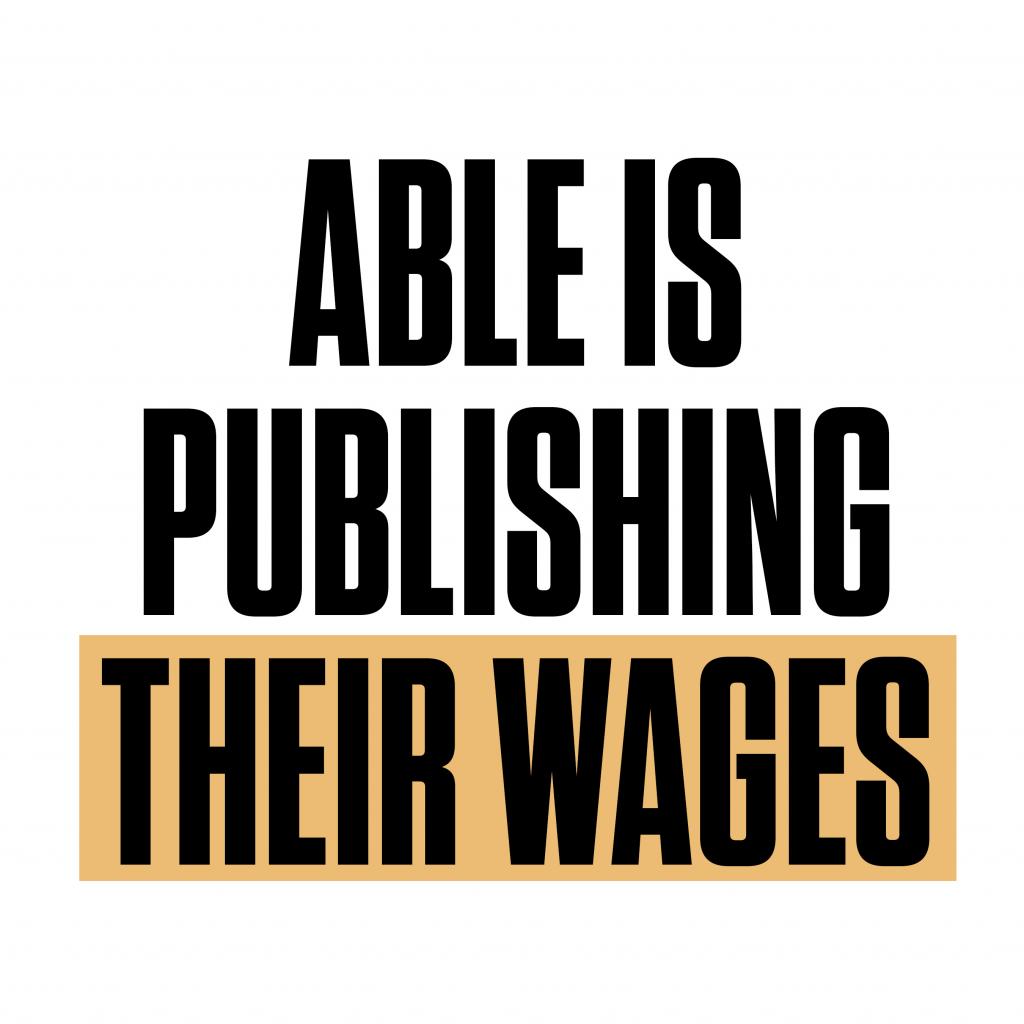 Editor’s Note from Amy: Last week I received a Facebook message from a good friend, Barrett Ward, telling me about the concrete steps his company is taking toward labor justice and equity, and as I read it I literally got chills.
Editor’s Note from Amy: Last week I received a Facebook message from a good friend, Barrett Ward, telling me about the concrete steps his company is taking toward labor justice and equity, and as I read it I literally got chills.
I met Barrett back in 2008 when as a singer-songwriter working in Nashville I became an artist advocate with Mocha Club to support their Village of Hope in Gulu, Uganda. (I traveled to Gulu with Mocha Club in 2009, which you can read about here.) Barrett has since left his position as director of MC to lead ABLE, a local and global lifestyle brand built with the goal of “ending generational poverty through providing economic opportunity for women.” What began in 2009 as an offshoot of Mocha Club to lift women in Africa out of poverty by selling their handmade quality bags and scarves has since grown into a global fashion brand.
What follows is Barrett’s story of making ABLE truly accountable to its aim of serving and upholding the women who create the products people love, and ensuring that in a greedy, capitalist world where the workers who produce the wealth are the least and last cared-for, this is who ABLE is and chooses to be: A company that always elevates People over Profits, and is transparent in the doing.
***
In Pursuit of Proven Impact
A few years back, seeing how so many social enterprises were emerging and claiming to do great good, it struck our conscious at ABLE to make sure we could prove our impact on women as clearly as possible. As 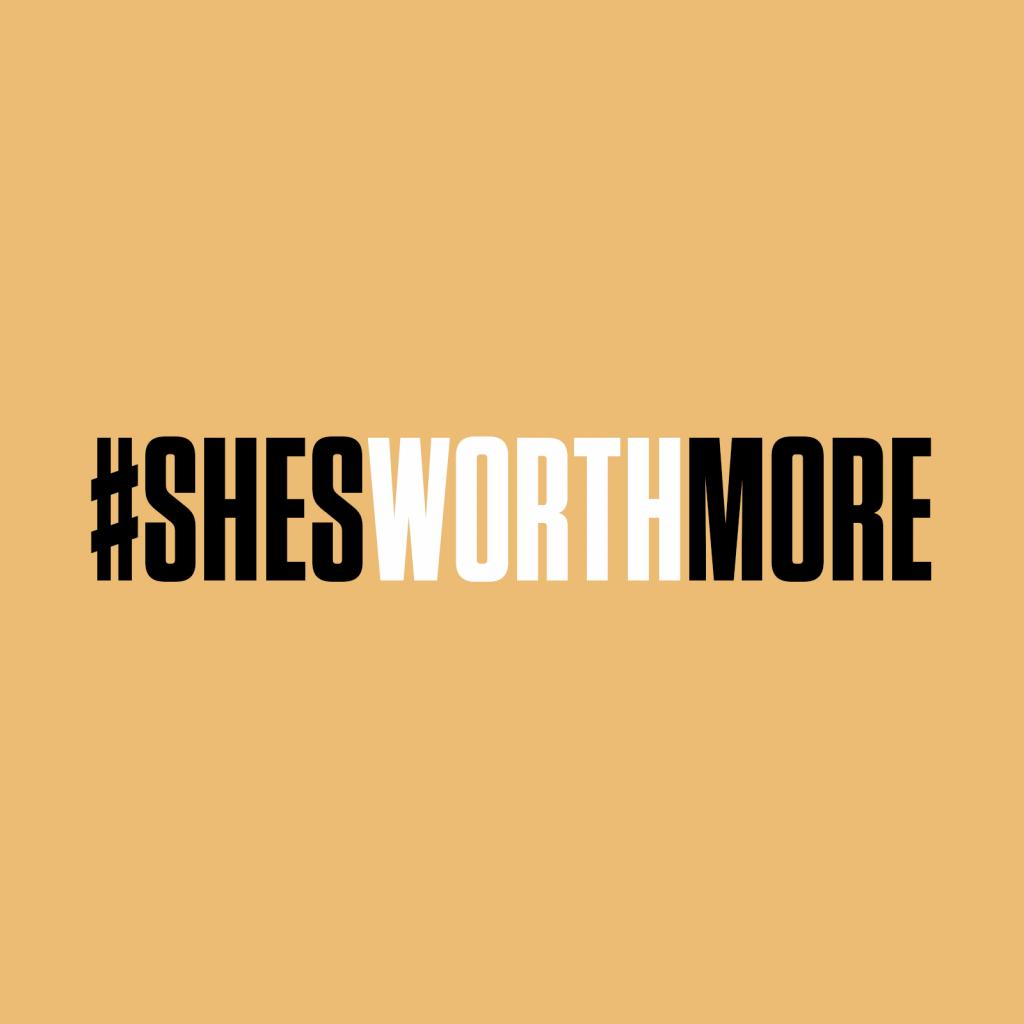 part of the fashion industry, we need to be held more accountable for our claims. The thought that kept me up at night was that I wouldn’t want to stand in front of St. Peter and hear him tell me, “you sold a ton of bags but never invested as much in making sure the impact on women was as substantial as you hoped.” It struck me that I could give a speech and people would be moved by the story of a woman whose life had been changed by ABLE, and while that story was true and important…how could they really know that we were having a positive impact across all ABLE products? That became our obsessive pursuit — to be able to truly measure our impact and protect women all through our supply chain.
part of the fashion industry, we need to be held more accountable for our claims. The thought that kept me up at night was that I wouldn’t want to stand in front of St. Peter and hear him tell me, “you sold a ton of bags but never invested as much in making sure the impact on women was as substantial as you hoped.” It struck me that I could give a speech and people would be moved by the story of a woman whose life had been changed by ABLE, and while that story was true and important…how could they really know that we were having a positive impact across all ABLE products? That became our obsessive pursuit — to be able to truly measure our impact and protect women all through our supply chain.
Auditing Ourselves
So we started aggressively working to find a 3rd-party auditor that could measure our work so we could be completely confident in how our employees and those at our partner manufacturers were being treated. We wanted to look at wages, working conditions, safety, equality, etc. We looked at about every audit out there and proceeded with a few. One audit that’s very popular among companies like ours had us fill out an extensive questionnaire, after which we received from them a verified score to post on our site — but they never even visited our workplace! That was not what we were looking for. A friend of mine had a similar audit performed by a major U.S. retailer on their manufacturing company in Ethiopia and found that it was clearly done for the purpose of protecting the company, not the worker. This and so many audits are a tool for the brand’s own risk mitigation, not worker protection.
This void of truly diligent factory audits leads directly to horrifying events like the Rana Plaza collapsing in 1200 garment worker’s died.
After searching for more than a year, there were two things missing that we wanted for auditing ourselves:
1) A level of transparency that published everything pertinent to what we felt empowered consumers, and
2) An audit that focused deeply on women through thorough on-site employee interviews.
Becoming ACCOUNTABLE
So we decided to engage a 3rd party to help develop what is now called ACCOUNTABLE. From concept to execution, it took us almost three years to get it fully implemented. And the proof of its necessity was in the results of our first audits: In our own jewelry manufacturing in Nashville, TN, we learned we had some major safety issues we were not addressing for our employees. And confidential interviews with female workers revealed an oppressive workplace environment in one of our partner manufacturers. While these results were not positive, we were emboldened because we knew we had created an auditing system that was deep, important, and that above all, it worked.
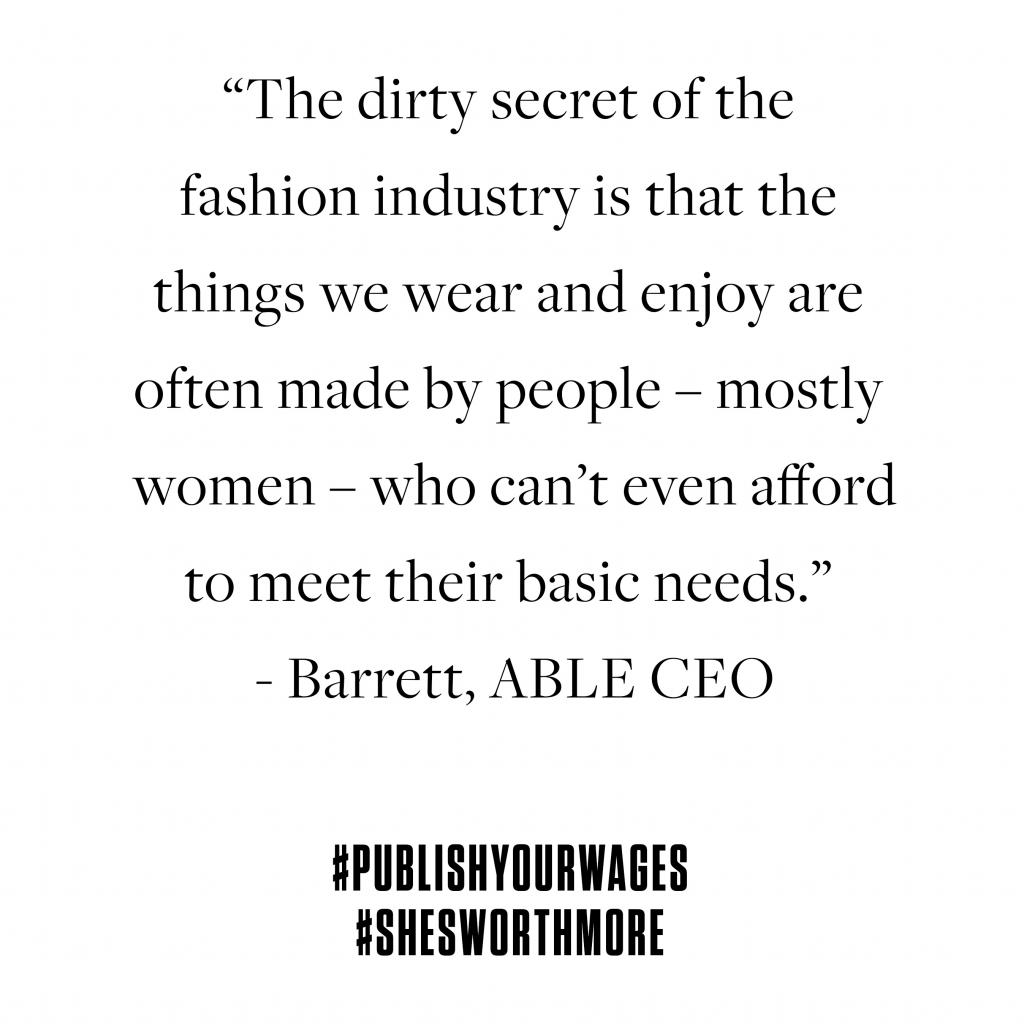 The last and most important part of this story was what we learned about employee wages around the world during the process. If you have not seen the film True Cost on Netflix, DO and you will learn the extraordinary abuses in the fashion world. Fashion is the largest industrial employer of women, but only 2% earn a living wage. What that means, and what I cannot shake, is that the people who make the clothes we wear can’t even meet their own and their children’s basic needs. That is UNACCEPTABLE. It’s evil, actually.
The last and most important part of this story was what we learned about employee wages around the world during the process. If you have not seen the film True Cost on Netflix, DO and you will learn the extraordinary abuses in the fashion world. Fashion is the largest industrial employer of women, but only 2% earn a living wage. What that means, and what I cannot shake, is that the people who make the clothes we wear can’t even meet their own and their children’s basic needs. That is UNACCEPTABLE. It’s evil, actually.
Here is Our Solution:
We have to equip consumers to be able to demand more, and we have to make it clear and easy for them to do so. So – and as far as I’ve seen we’ll be the first in the world to do this – we have decided to start publishing the lowest wages of our workers. Not an average wage, or a general labor cost per product, but the lowest wage.
Doing this — being fully transparent about our lowest earner’s wages — is what will protect the workers on the lowest rungs of our supply chain ladder. Can you imagine a day when all the products we consume come with this info, when this type of transparency is as common as a nutritional label on your food? That is our dream: that consumers will someday say of their fashion brands, “You are not publishing your wages. What are you hiding?” When a major shoe company was busted for child labor in the 90’s, consumer demand is what changed their labor practices. When consumers start voting with their wallets, change happens.
We are starting by publishing our Nashville manufacturing audit first and moving to our global suppliers from there. We want TOTAL TRANSPARENCY. Let’s reward brands for this and encourage progress over perfection.
ABLE is happy to show our customers the good, bad, and ugly, because we didn’t get in to this in the first place to sell scarves. We did it to empower women. If you believe this can work, then please join us.
Thank you,
Barrett
#publishyourwages #shesworthmore

